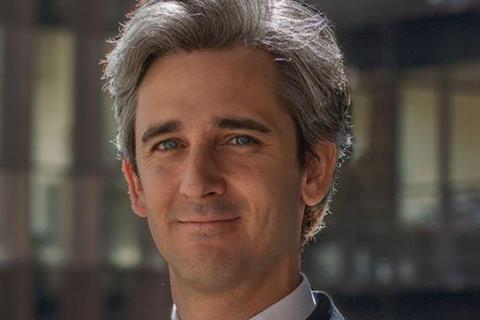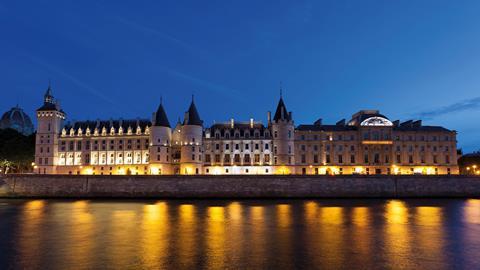During prime minister Rishi Sunak’s visit to France in March, a conference took place in the hearing centre of the International Chamber of the Commercial Court of Paris, at which I was a panellist. The topic of the discussion was the comparative advantages of the French and English judicial systems for resolving international disputes. Both systems were represented on the panel.
The starting point of our exchanges was that France and the UK are both democracies in which the rule of law prevails, and should stand united in a broader context where democracy is under attack in some parts of the world. On a different level, it was recognised that the UK has long been conscious of the economic benefits derived from having a forum which is widely used by international litigants, implementing a sophisticated strategy to attract them.

By contrast, the attractiveness of the French courts has only recently emerged as a point of interest for the French legal community and authorities, partly as a result of Brexit, which appeared to some an opportunity for Paris to gain a greater share of the international disputes market. Most notably, this led to the creation of the International Chambers of the Commercial Court and of the Court of Appeal of Paris.
As a French litigator who has worked in London, where I qualified as a barrister, I tried to set out during the panel discussion what I perceive to be the main advantages of the Paris courts for international litigants. Here is a summary of the key points in favour of Paris.
First, like London, Paris is a global hub with a sophisticated legal ecosystem. It is home to the International Chamber of Commerce, one of the leading arbitral institutions in the world. There is a high concentration of lawyers, experts and judges in Paris who are very experienced in international disputes.
A key difference of the French judicial system (compared with the English one) is that judges who sit in the commercial courts (that is, at first instance) are elected from a business background and are often retired CEOs or very senior managers. As such, they are familiar with the business environment. This is reassuring for court users, particularly in cases where a good understanding of the underlying environment is key, such as in financial disputes.
Complex cases can be heard in the International Chambers of the Commercial Court and of the Court of Appeal of Paris. The key features of these chambers are the seniority of its judges with particular experience in international disputes, and procedural rules adapted to such complex disputes (mostly inspired from arbitration).
Second, France benefits from being within the EU, and particularly from the Recast Brussels Regulation. French judgments in civil and commercial matters are thus immediately enforceable throughout the EU, without the need for a special procedure for recognition or a declaration of enforceability. This aspect was probably the one most widely discussed after Brexit in the international litigation community.
Third, the cost of conducting litigation in France is much lower than in the UK. Although it is hard (if not impossible) to draw precise comparisons, I often hear international users suggesting that litigating in the UK is about five to 10 times more expensive than in France. This difference is attributable to various factors: the absence of court fees, the absence of disclosure, hearings which are generally much shorter, and billable rates which are usually lower than in the UK. For large international businesses facing strict budget constraints, this is perhaps the most important difference between the two systems.
So far as the absence of disclosure is concerned, apart from the question of cost, this may also be an attractive feature for parties concerned about confidentiality. In France, a party to a commercial dispute has no obligation to disclose documents in its possession which are relevant to the case, and is free to file the evidence it chooses.
Finally, in France, the parties have an unfettered right to file an appeal to a Court of Appeal, and a further appeal in the French Cour de cassation (Supreme Court, pictured) if necessary. In other words, there is no filter limiting the right to appeal in France. While this may lengthen proceedings, it is also reassuring for parties to know that they will be in a position to have their case re-examined on appeal and further appeal.
What are the conclusions that may be drawn from this exercise? In an area where there is increasing competition (or emulation), it is interesting to note the key selling points of other legal centres.
It also appears that Paris has advantages (some of which are shared with London) which can be emphasised to attract international litigants. It may be outlandish to pretend that Paris is better placed than London to try English law disputes (even if it is technically possible). However, there are advantages in attracting users whose disputes are subject to other systems of civil law which were (often) directly or indirectly inspired by French law.
Gabriel Hannotin, an avocat au Barreau de Paris and a barrister (England & Wales), is counsel at Gide Loyrette Nouel
































No comments yet